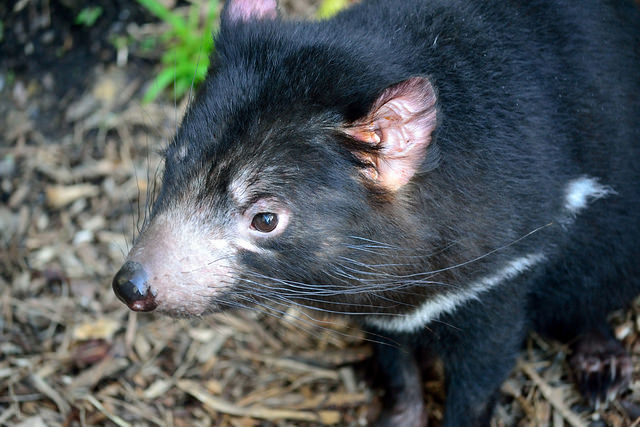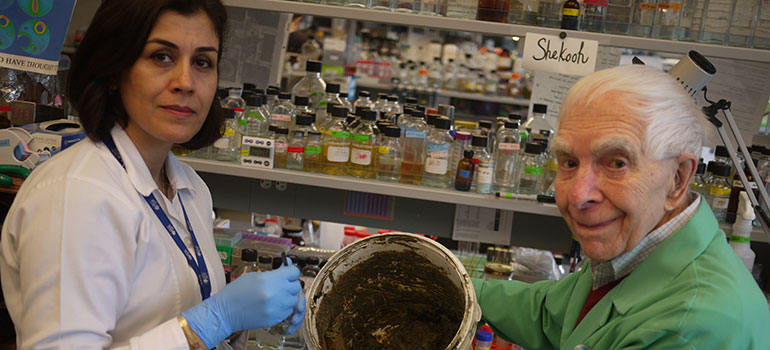bacterial infections
See the following -
Devil's Milk Could Be the Killer Ingredient in War on Superbugs
 Devil's milk has proved to be an unlikely weapon in the increasingly desperate global fight against superbugs. Australian researchers have discovered that peptides contained in the milk of Tasmanian devils can kill some of the most deadly bacterial and fungal infections, including golden staph. Having scanned the devil's genome and discovered the six naturally occurring antimicrobial peptides, researchers from Sydney University set about replicating them artificially. They then tested the peptide's effectiveness at killing some of the most harmful bacteria known to humans...
Devil's milk has proved to be an unlikely weapon in the increasingly desperate global fight against superbugs. Australian researchers have discovered that peptides contained in the milk of Tasmanian devils can kill some of the most deadly bacterial and fungal infections, including golden staph. Having scanned the devil's genome and discovered the six naturally occurring antimicrobial peptides, researchers from Sydney University set about replicating them artificially. They then tested the peptide's effectiveness at killing some of the most harmful bacteria known to humans...
- Login to post comments
First Nations’ Ancient Medicinal Clay Shows Promise Against Today’s Worst Bacterial Infections
 Naturally occurring clay from Kisameet Bay, B.C. — long used by the Heiltsuk First Nation for its healing potential — exhibits potent antibacterial activity against multidrug-resistant pathogens, according to new research from the University of British Columbia. The researchers recommend the rare mineral clay be studied as a clinical treatment for serious infections caused by ESKAPE strains of bacteria...
Naturally occurring clay from Kisameet Bay, B.C. — long used by the Heiltsuk First Nation for its healing potential — exhibits potent antibacterial activity against multidrug-resistant pathogens, according to new research from the University of British Columbia. The researchers recommend the rare mineral clay be studied as a clinical treatment for serious infections caused by ESKAPE strains of bacteria...
- Login to post comments
If Things Weren’t Already Bad Enough, Houston Is About to Face a Public Health Nightmare
In the coming weeks and even months, residents of Houston and other parts of southern Texas hit hard by Hurricane Harvey will be faced with the public health disasters that can result from dirty floodwater and landslides. The natural disaster has ostensibly turned the city into a sprawling, pathogen-infested swamp...
- Login to post comments
New Arms Race: Science Versus Antibiotic-Resistant Superbugs
 The death rate from bacterial infections plummeted following the discovery of penicillin. However, these microbes developed ways to resist our antibiotics. What threats do superbugs pose and what factors contribute to their emergence? The discovery and development of antibiotics saved millions of lives during the latter half of the 20th century. Scottish bacteriologist Alexander Fleming, who witnessed soldiers with infected wounds perish while serving in the Royal Army Medical Corps during the First World War, per chance discovered a penicillin producing mold in 1928...
The death rate from bacterial infections plummeted following the discovery of penicillin. However, these microbes developed ways to resist our antibiotics. What threats do superbugs pose and what factors contribute to their emergence? The discovery and development of antibiotics saved millions of lives during the latter half of the 20th century. Scottish bacteriologist Alexander Fleming, who witnessed soldiers with infected wounds perish while serving in the Royal Army Medical Corps during the First World War, per chance discovered a penicillin producing mold in 1928...
- Login to post comments